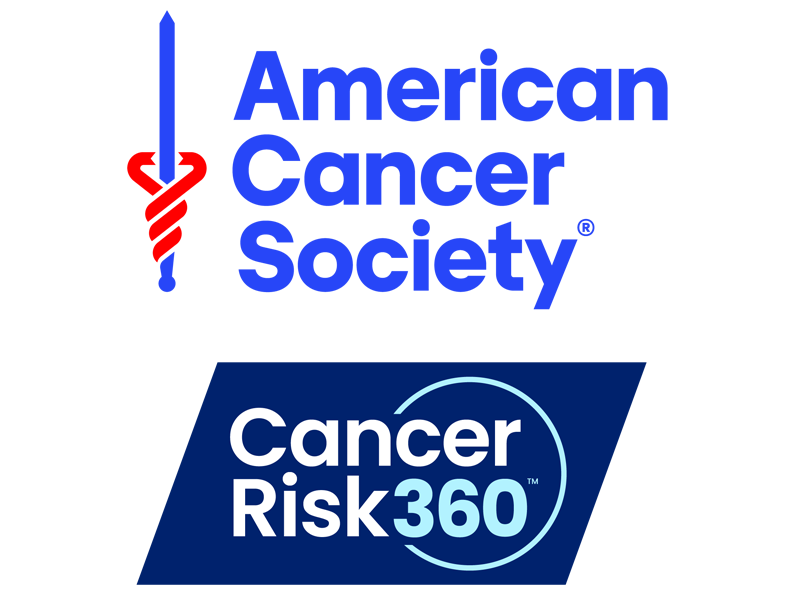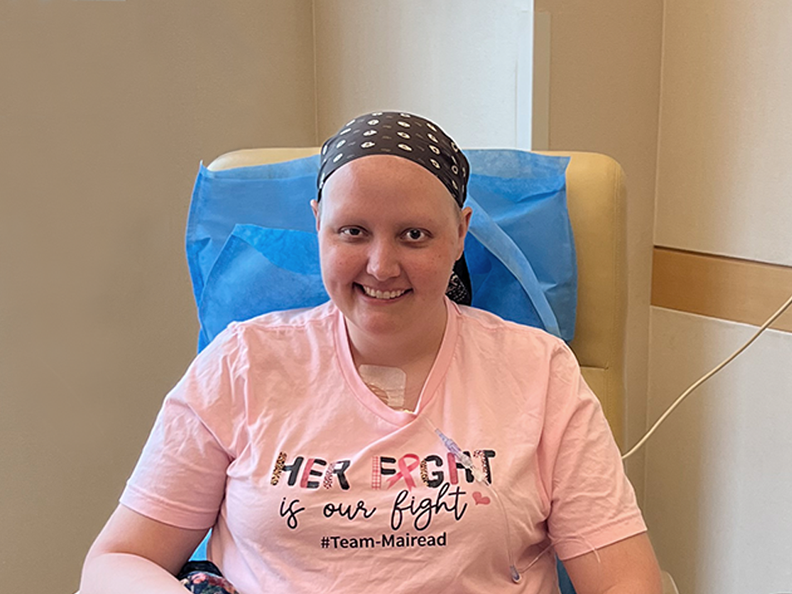Your gift is 100% tax deductible
Cancer Screening Quiz
Cancer screenings help to find cancers early before they have a chance to spread. Test your knowledge on 15 common beliefs about cancer screenings. Take the quiz.
Please answer the questions to view your results below.




